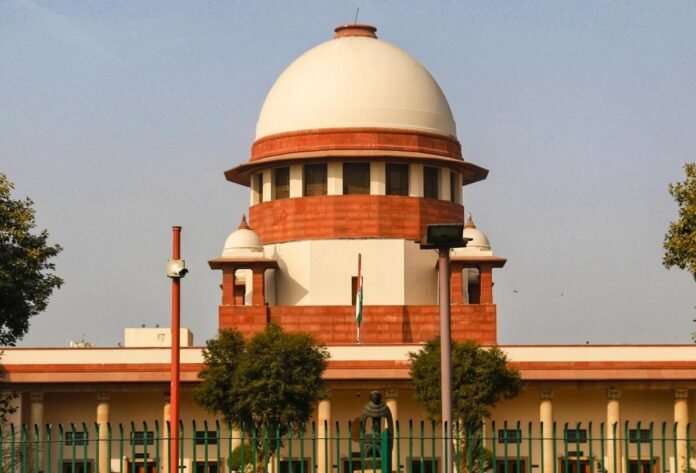Supreme Court criticises Income Tax Department for starting prosecution without ITAT ruling; imposes ₹2 lakh penalty for misuse of authority.
The apex court condemned the Income Tax Department for initiating prosecution for willful tax evasion without waiting for the ITAT ruling, calling it a misuse of power.
Supreme Court Criticises Income Tax Department for Misusing Power in Tax Evasion Case
In a stern message to tax authorities across the country, the Supreme Court on Thursday, August 28, came down heavily on the Income Tax Department for launching a prosecution against a taxpayer even before the Income Tax Appellate Tribunal (ITAT) had adjudicated the case. Calling the act a “gross abuse of position,” the Court imposed a cost of ₹2 lakh on the department.
A bench comprising Justices J.K. Maheshwari and Vijay Bishnoi was hearing a special leave petition filed by the assessee challenging a Madras High Court order that had refused to quash the prosecution initiated by the department. Setting aside the High Court’s ruling, the Supreme Court rebuked the tax authorities for proceeding with criminal charges without conclusive findings from the ITAT.
Premature Prosecution Violates Legal Protocol, Says Supreme Court
The crux of the case lies in the procedural irregularity committed by the Income Tax Department. The department had alleged “willful evasion of tax” under the Income Tax Act and initiated criminal prosecution while the core tax liability issue was still pending before the appellate tribunal.
The Supreme Court made it clear that no prosecution should be pursued until the appellate proceedings conclude and the demand attains finality. Proceeding with prosecution in such a manner was deemed not just premature, but oppressive.
Justice Maheshwari observed:
“The Department cannot assume criminality where even the fact of liability remains in dispute. Such misuse of authority shakes the foundation of fair tax enforcement.”
Setting Aside the Madras High Court’s Ruling
The Supreme Court disagreed with the Madras High Court’s earlier refusal to quash the criminal proceedings. It stated that the High Court had failed to appreciate the sequence of legal adjudication under the Income Tax Act.
According to the apex court, prosecution under sections such as 276C (willful attempt to evade tax) must follow, not precede, a final determination of tax liability.
The Court underlined that when a taxpayer challenges a tax demand, and the ITAT is yet to confirm it, initiating criminal action may amount to “harassment under the guise of statutory powers.”
₹2 Lakh Cost as a Deterrent
In a rare move, the Court directed the Income Tax Department to pay ₹2 lakh as costs to the assessee. This sum must be deposited within four weeks. The amount was described as a symbolic deterrent, reminding authorities to exercise their powers responsibly.
The Court’s order sends a message to tax authorities not to weaponise prosecution provisions and reinforces the need for institutional checks and balances within the tax enforcement machinery.
Impact on Future Tax Proceedings
Legal experts say the ruling may serve as an important precedent, curbing arbitrary criminal prosecutions by revenue authorities. “This is a landmark judgment that strengthens the taxpayer’s rights and underscores the importance of procedural discipline,” said a senior tax practitioner.
The ruling also brings into focus the interplay between tax adjudication and criminal liability, often blurred by aggressive enforcement. The Court’s clarification reiterates the principle that criminal liability must follow legal adjudication, not precede it.
Enforcement Must Not Preempt Adjudication
This judgment aligns with a growing judicial trend of holding executive authorities accountable for overreach. In the context of tax law, where consequences are often severe—including imprisonment—courts have increasingly emphasised due process and proportionality.
The Supreme Court’s message is clear: tax enforcement is not a tool for intimidation. Instead, it must function within the bounds of fairness, legality, and logical sequencing.
Full Video Coverage
Watch the highlights from this Supreme Court ruling on The Legal Observer’s official YouTube channel
For deeper insights into constitutional judgments and tax law enforcement, visit The Legal Observer. Explore more cases under National News, Views and Insights, or check out our Legal Helpline for expert answers.




